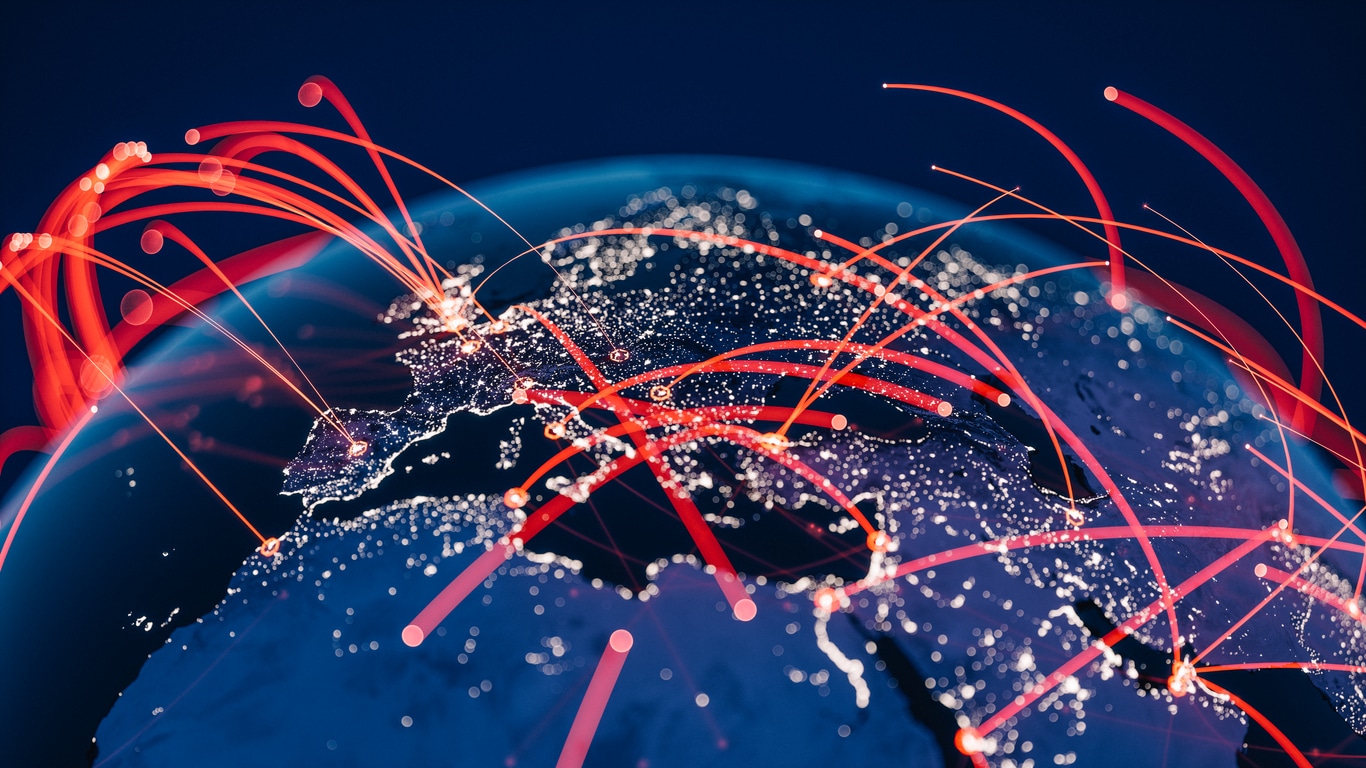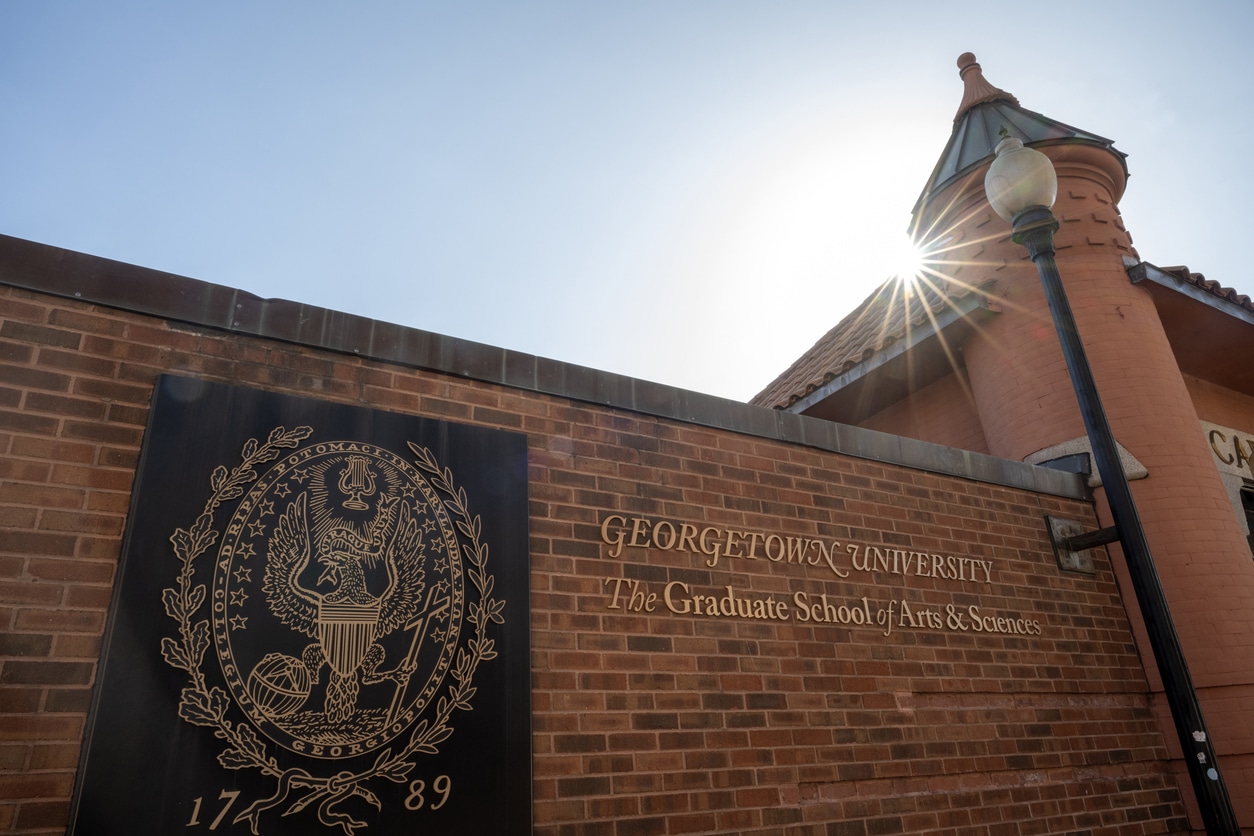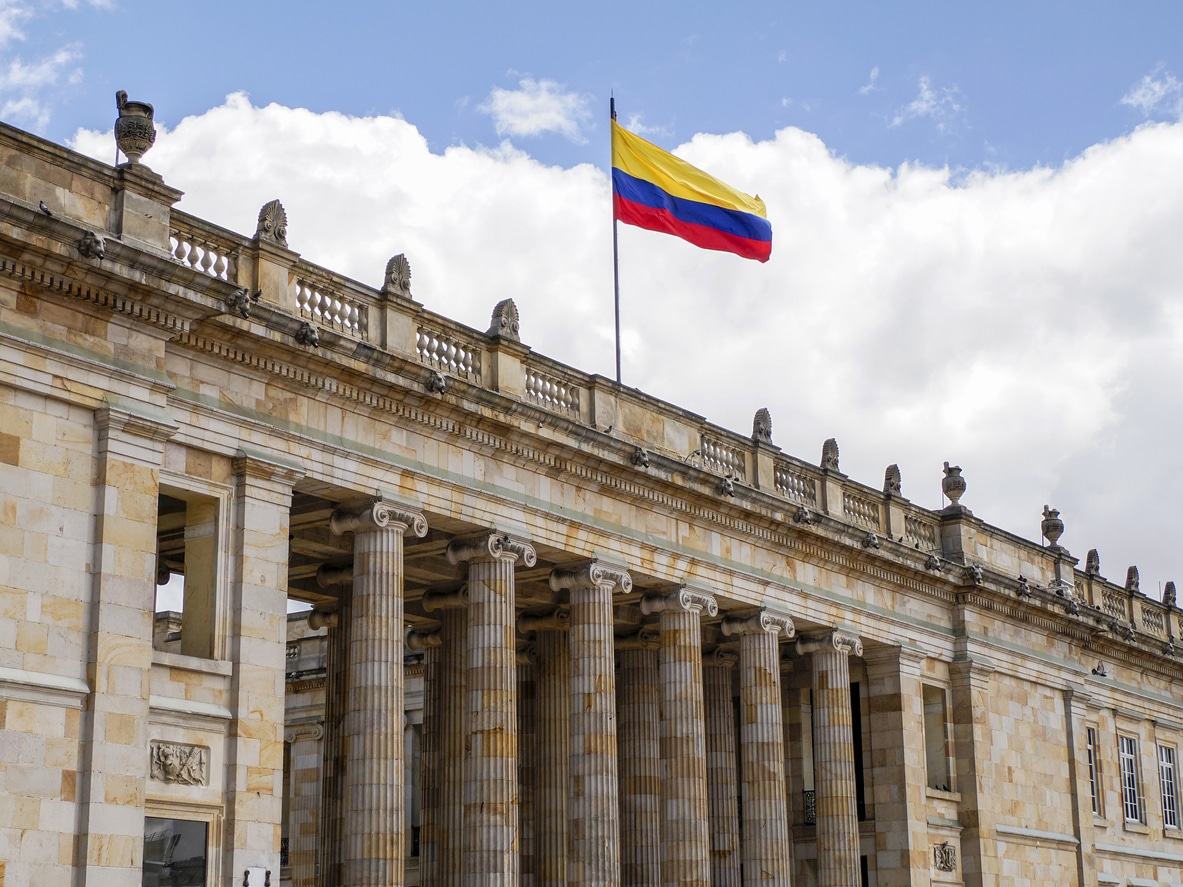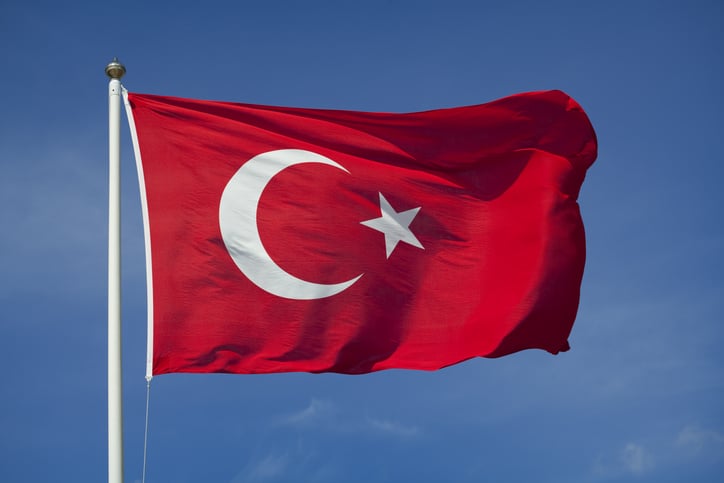A Shift In Global Leadership: Impacts of the DOJ’s New FCPA Enforcement Guidelines

The Trump administration's upheaval of the United States' enforcement of the Foreign Corrupt Practices Act (FCPA), as recently outlined by new DOJ guidelines, is set to transform the global enforcement of transnational corruption. In contrast to the stated goals of these policy shifts, the United States' pullback on FCPA enforcement will likely lead to a global shift in the prosecution of transnational corruption which is less favorable for American businesses.
Background
In signing Executive Order 14209 on February 10, 2025, President Trump paused enforcement of the FCPA and directed the Department of Justice (DOJ) to issue updated FCPA enforcement guidelines which would "adequately promote the President's Article II authority to conduct foreign affairs and prioritize American interests, American economic competitiveness with respect to other nations, and the efficient use of Federal law enforcement resources." The order was based on the theory that the FCPA harmed U.S. business interests by holding them accountable for corruption while foreign businesses remained unregulated, despite the fact that a majority of FCPA-related enforcement actions in the past decade have been levied against foreign defendants. Since February, according to Stanford Law School's FCPA Clearinghouse, the order has led to widespread but inconsistent halting of existing FCPA enforcement actions. It has also galvanized other nations to ramp up their enforcement of corrupt business practices under the international Organization for Economic Cooperation and Development (OECD)'s
Anti-Bribery Convention. In particular, the UK, France, and Switzerland announced a new International Anti-Corruption Prosecutorial Taskforce to collaborate on the enforcement of their countries' wide-reaching anti-bribery laws.
On June 9, the DOJ released its updated FCPA guidelines. The guidelines included more stringent agency rules for beginning a new enforcement action, as all new investigations and actions must now be authorized by the Assistant Attorney General for the Criminal Division or a more senior DOJ official, and a mandate to be more conservative when choosing cases to pursue:
"Effective today, prosecutors shall focus on cases in which individuals have engaged in criminal misconduct and not attribute nonspecific malfeasance to corporate structures; proceed as expeditiously as possible in their investigations; and consider collateral consequences, such as the potential disruption to lawful business and the impact on a company's employees, throughout an investigation, not only at the resolution phase."
The DOJ also provided a list of non-exhaustive factors to use in determining whether to pursue an enforcement action:
- Prioritize cases linked to transnational criminal organizations (TCOs) or cartels;
- Prioritize cases with direct economic impacts to U.S. entities:
- Prioritize cases that present "the most urgent threats to U.S. national security";
- Deprioritize cases "involving routine business practices or the type of corporate conduct that involves de minimis or low-dollar, generally accepted business courtesies."
- Deprioritize cases that are likely to be pursued by a foreign law enforcement authority.
The impact of these new guidelines will be wide-ranging. Contrary to their purported goals, however, they are not likely to lead to meaningful economic benefits for the U.S. or allow U.S. businesses entities to engage in corrupt practices without the fear of prosecution. Instead, the most likely impact of these guidelines will be a global shift in the prosecution of transnational corruption –and one that is progressively less favorable to the U.S.
Lack of Economic Benefits
Prior to President Trump's halting of FCPA enforcement, prosecutions under the law were highly profitable for the United States, which received billions of dollars a year from enforcement cases. The US was by far the most frequent and successful prosecutor of transnational corruption cases, handling 95% of all FCPA cases as of March 2025. While it is unclear what percentage of existing FCPA enforcement actions will continue under these new guidelines, it is virtually guaranteed that the DOJ will pursue fewer cases under the FCPA than it did prior to the initial executive order, decreasing the amount of revenue the U.S. receives from these cases.
The cases the DOJ does choose to prosecute may also turn out to be especially difficult, particularly those involving TCOs and cartels. In its report on the initial impacts of Executive Order 14209, Stanford Law School's FCPA Clearinghouse noted that the FCPA might prove a poor vehicle with which to prosecute these entities:
"While the FCPA plausibly holds the jurisdictional capacity to investigate and prosecute cartels, the government may run into difficulties using the law as a means for combating these organizations if the conduct at issue involves foreign people paying bribes to foreign officials with a tenuous connection to the United States, or if the government must rely on unfriendly governments to extradite defendants to the U.S."
Other existing federal laws, they noted, are better suited to prosecuting these types of organizations. The Trump administration also designated several cartels and other organizations as global terrorists through a presidential action on January 20, providing additional legal avenues through which they could be prosecuted. In comparison to these tools, utilizing the FCPA against TCOs and cartels is likely to be less efficient.
It will also be detrimental to U.S. companies doing business in international markets if the U.S. is no longer prosecuting their competitors. "When foreign companies obtain business through bribes and other corrupt means," writes Stephen Kohn, Adjunct Professor at Northeastern University School of Law and leading whistleblower attorney at Kohn, Kohn and Colapinto LLP, "it harms American businesses who are competing in that marketplace–" and as previously mentioned, the U.S.'s FCPA enforcement has historically been heavily focused on prosecuting foreign companies. A decrease in these enforcement actions could lead to U.S. companies competing in a landscape in which overall corruption is substantially heightened.
However, other nations have already demonstrated their willingness and ability to increase their anti-corruption enforcement efforts where the U.S. falters.
Increased International Enforcement
Absent from the DOJ's updated guidelines is the prioritization of the U.S.'s international anti-corruption enforcement obligations. The U.S. is a signatory to the United Nations Convention Against Corruption, the OECD's Anti-Bribery Convention, and the Inter-American Convention Against Corruption, among others; and has held a "historic leadership role in countering international corruption." By substantially decreasing its FCPA enforcement, the U.S. ignores these legally binding commitments.
However, other signatories have quickly stepped in to fill this gap in enforcement. On March 20, U.K Serious Fraud Office, France's Parquet National Financier ("PNF"), and the Office of the Attorney General of Switzerland (OAG) announced the establishment of an International Anti-Corruption Prosecutorial Taskforce to enforce their transnational anti-bribery laws. The OECD has also completed detailed audits of the U.S. FCPA program analyzing the aspects of the law which have made it effective, increasing the ability of non-U.S. signatories to utilize the U.S.'s enforcement model. Thus, despite the U.S.'s historical primacy in prosecuting anti-corruption cases, decreased FCPA enforcement by the U.S. will not necessarily lead to a global decrease in anti-corruption enforcement efforts. Other countries are well-positioned to take up enforcement work the U.S. may now decline to complete, as outlined by Kohn in his working paper, "A Reverse Marshall Plan for Anti-Corruption: Liberal Democracies Can Fill the Void Left by The Changes in U.S. Policies."
As anti-corruption enforcement responsibility shifts away from the U.S. and towards other nations, those nations may be specifically incentivized to prosecute U.S. companies engaging in corrupt practices, as it is these cases that are most emphatically deprioritized by the DOJ's new guidelines. The U.S. took its initial leading role in international anti-corruption efforts largely in response to corrupt behavior from over 100 U.S. Fortune 500 companies in a wide range of countries. Today, as the U.S. deprioritizes the prosecution of wrongdoing by U.S. entities, such entities will be prime targets for the increased enforcement efforts of European democracies. U.S. companies will not escape prosecution for corrupt practices; the U.S. will simply lose out on the proceeds collected from these prosecutions.
Conclusion
It remains to be seen precisely what impacts the DOJ's new guidelines will have on global anti-corruption efforts. What is clear, however, is that these guidelines do not simply foretell a decrease in global enforcement efforts. This is precisely why leading law firms have urged corporations not to take these guidelines as a signal that anti-corruption laws are becoming more lenient on a global scale. Enforcement of these laws by non-U.S. democracies is likely to increase as the U.S. takes a step back –and although the U.S. is currently deprioritizing domestic enforcement efforts, executive priorities could very well shift before the five-year statute of limitations expires on current corrupt practices by U.S. companies.
Since 1977, there has been a strong international movement to increase prosecution of transnational corruption and a recognition of the devastating impact of such bribery on global economic development, fair market competition, and the rule of law. While their impacts will be widely felt considering the U.S.'s historical leadership in this field, the DOJ's new guidelines will not unilaterally reverse this trend. The values and principles undergirding global anti-corruption efforts will remain central to prosecution efforts, even as new nations begin to lead these efforts.




